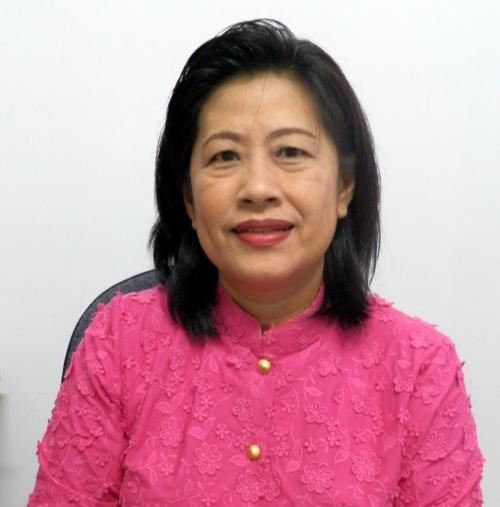Phuket Opinion: Our environment down the drain

Pornsri Suthanarak, 50, is the director of the Phuket Environmental Office. She has a PhD in environmental engineering from Florida International University, and was formerly the director of the Environmental Quality and Laboratory Division at the Pollution Control Department in Bangkok. Here, she explains how all of us can help to protect the environment by making inexpensive changes at home.
PHUKET: Our office [Phuket Environmental Office] has recently received many complaints from local people about environmental problems. This is good news. It means everybody knows the importance of the environment, what pollution and environmental dangers are, and they know about us. We are the department tasked with protecting the environment.
The heavy rain we have had in Phuket recently has flushed out all the canals and the wastewater that has been pumped into them.
Nature has ways of helping us deal with our waste. But one thing is for sure – the wastewater will be back if we don’t take steps to prevent it.
When people talk about wastewater, they tend to think of factories, hotels and restaurants, but they nearly always forget about themselves.
Every business, in order to be issued a building permit, must have as part of its plans a wastewater-treatment system. Depending on the type of business, this could be anything from septic tanks to industrial waste-treatment facilities – but it must have a system and it must be installed.
Although the law requires that all buildings, including residential buildings, have wastewater systems installed to treat toilet wastewater before it is emptied into a public waterway, there are no laws regulating how the average householder disposes of greywater down household sinks.
As there are no such regulations for houses, all we can do is offer suggestions as to what we think would be best for the homeowner to install.
Phuket has a lot more houses than businesses, which means that most wastewater pollution is actually created by residents, not businesses. I think people forget this.
Also, out of sight is out of mind. Not every neighborhood in Phuket has a canal running through it, so the government installs sewers underground to carry wastewater from houses to the nearest waterway.
This means most people don’t even think about where their wastewater goes except for those living right beside the
canal. Those people are constantly exposed to a foul stench and the risk of disease.
One thing people can do to help protect the environment from sink greywater is install a grease trap. Installing a household grease trap is not expensive.
Depending on the type installed, it can cost 700 to 3,000 baht. This is very cheap when we consider that we are helping to save the environment.
Our office can show you how to set up a grease trap for households of five to 10 people that you can build yourself. The trap is made with a large plastic bin and a few pipes and is not expensive.
If you want us to show you how to make your own grease trap, call our office at 076-219329 or 076-219415, Monday to Friday, between 8:30am and 4pm.
— Saran Mitrarat
Latest Thailand News
Follow The Thaiger on Google News:


























